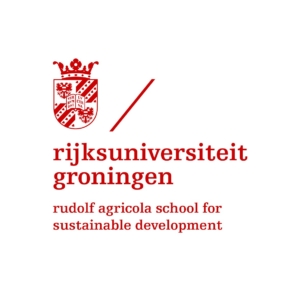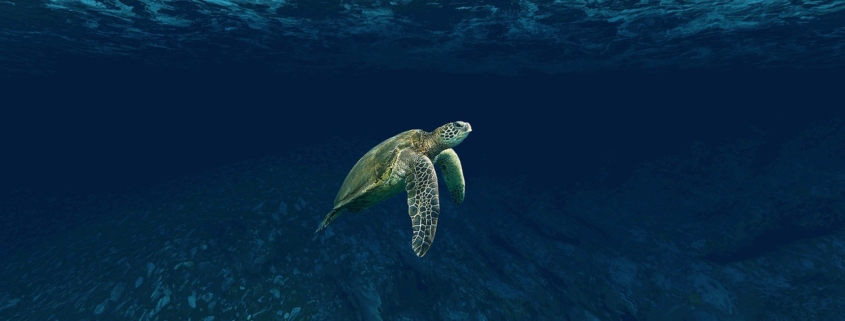Workshop: Multidisciplinary perspectives from archaeology to marine historical ecology – 12 July 2023
Workshop: Multidisciplinary perspectives from archaeology to marine historical ecology – 12 July 2023
Date: 12 July 2023
Location: House of Connections, Building number 4428, First floor, Room number 0102 (Grote Markt 21, Oude Ebbingestraat 18A, 9712 HR Groningen)
Credits: 1 ECT
Archaeology is increasingly interdisciplinary and future research will continue to reflect this trend. With this workshop we will introduce students to cross-disciplinary research agendas in archaeology and historical ecology. This workshop will demonstrate for students how their studies in archaeology can have impacts on conservation efforts and historical ecology.
Through millennia of resource exploitation, anthropogenic actions have drastically altered our ecosystems. Understanding how our environments have changed first requires knowledge of the characteristics of our past ecosystems, also known as historical ecological baselines. Using historical, archaeological, and paleontological data to explore past ecologies is a field known as historical ecology. Students will benefit from hearing talks given by world-class researchers from six countries working in a variety of disciplines to discuss recent and ongoing research relevant to research in historical ecology with an emphasis placed on aquatic environments.
Case studies which encompass a wide geographic and temporal swathe will be presented. We will have research shared which looks thousands of years back as well as research focused on current ecological dilemmas. Taxa discussed will include, fishes, turtles, and marine mammals and span geographies from northwestern Europe, the Mediterranean basin, and southern Africa. Students will come out of this conference having heard several avenues that interdisciplinary archaeological research could explore to address ongoing conservation concerns. An emphasis will be placed on the application of novel biomolecular analytical methods (e.g., paleoproteomics, stable isotopes analysis).
Program:
09:30 – 10:15 Registration and coffee/tea
10:15 – 10:30 Welcome and introduction, Dr. Canan Çakırlar (GIA) and Michiel M.N. Daams (Rudolf Agricola School for Sustainable Development)
Session I: Ecological consequences in the present (chaired by C. Çakırlar)
10:30 – 10:50 Climate change and sea turtles, Prof. Oğuz Türkozan, Aydın Adnan Menderes University
10:50 – 11:10 Finding Dory: Alien Creatures Invading the Mediterranean Sea, Prof. Michel Bariche, American University of Beirut
11:10-11:40 Coffee break 1
Session II: Historical ecology of aquatic ecosystems (chaired by W. de Kock)
11:40 – 12:00 Clash of the Titans. The historical ecology of sturgeons in Holocene Europe, Dr. Rob Lenders, Radboud University
12:00 – 12: 20 The ‘Ivory road’: Humans and walruses in Arctic Canada and Greenland, ca. AD 1300 to present, Dr. Sean Desjardins, University of Groningen
12:20 – 12:40 Nilotic Creatures: Crocodiles, Fish, Turtles & Molluscs, Prof. Salima Ikram, American University in Cairo
12:40-13:30 lunch break
Session III: Biomolecular tools for historical ecology (chaired by R. Winter)
13:30 – 13:50 Fish food for thought: Lessons from a pilot project combining ichthyoarchaeological and biomolecular research, Dr. Laura Llorente Rodriguez, University of Leiden
13:50- 14:10 Human consumption of marine resources in Zanzibar (7th-15th c. CE): palaeoecological insights from stable isotope analysis, Prof. Michelle Alexander, University of York
14:10-14:30 What can palaeoprotomics do for you?, Dr. Alberto J. Taurozzi, University of Copenhagen
14:30-15:00 coffee break 2, tour of bottenzolder (bone attic)
Session IV: Marine historical ecology of the eastern Mediterranean (chaired by P. Palsbøll)
15:00 – 15:20 The ancient lives of Mediterranean sea turtles, Willemien de Kock, University of Groningen
15:20 – 15:40 Grouping groupers: ancient proteins reveal ecological baselines in the eastern Mediterranean, Rachel Winter, University of Groningen
15:40 – 16:00 Concluding remarks, Prof. Per Palsbøll, University of Groningen
16:00 – 17:00 Reception
Credits: ARCHON members can receive 1 ECT for attending the full workshop and handing in a report (min. 1500 words) which should relate to possible new research questions in historical ecology related to one of the taxa, regions, or methods presented at the workshop. The report is due on 12 August and should be send to secretary@archonline.nl.
Registration: Please send an email to Rachel Winter: rachelwinter@palaeome.org and please inform her that you are an ARCHON member and also let her know if you have any dietary restrictions.


